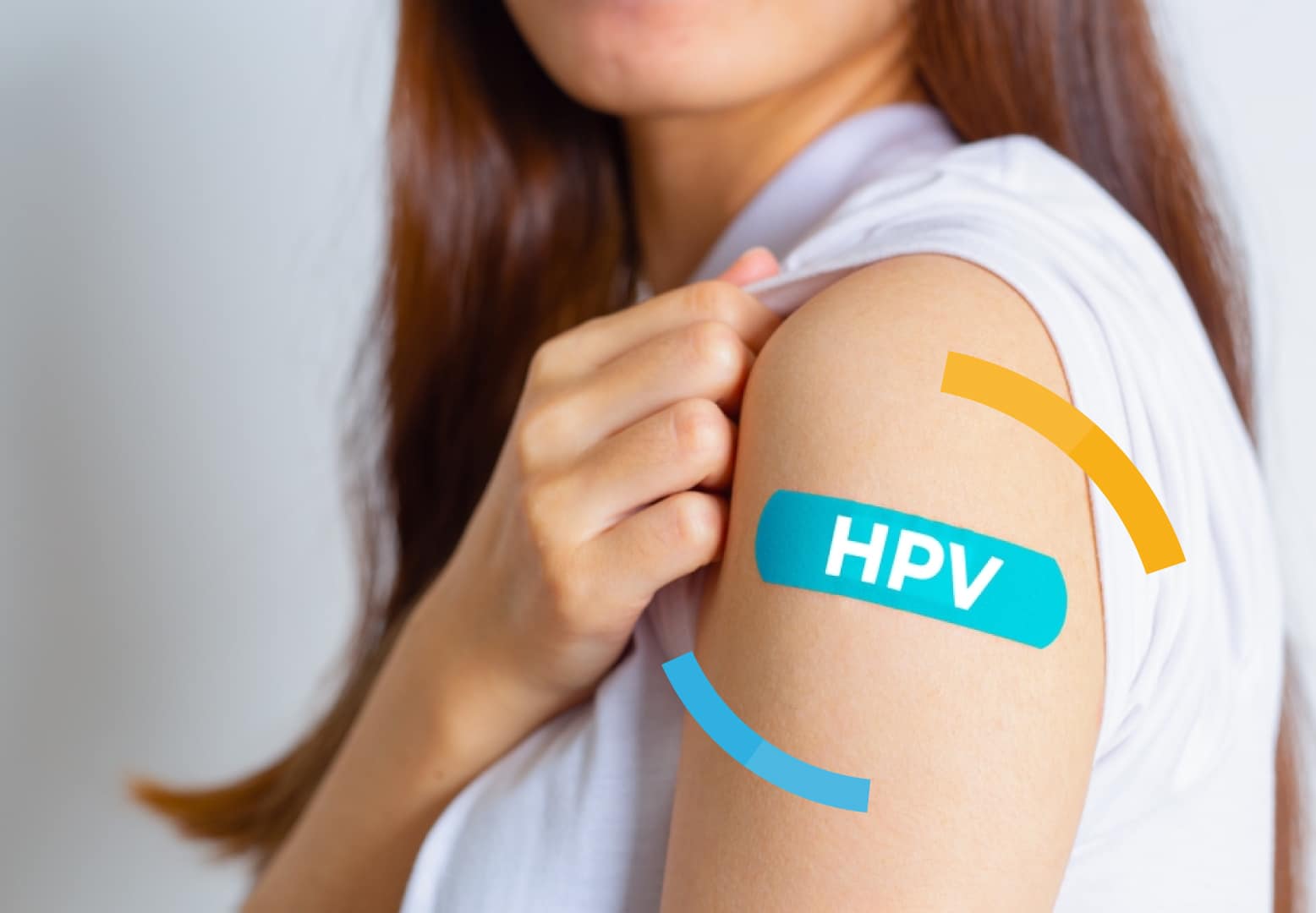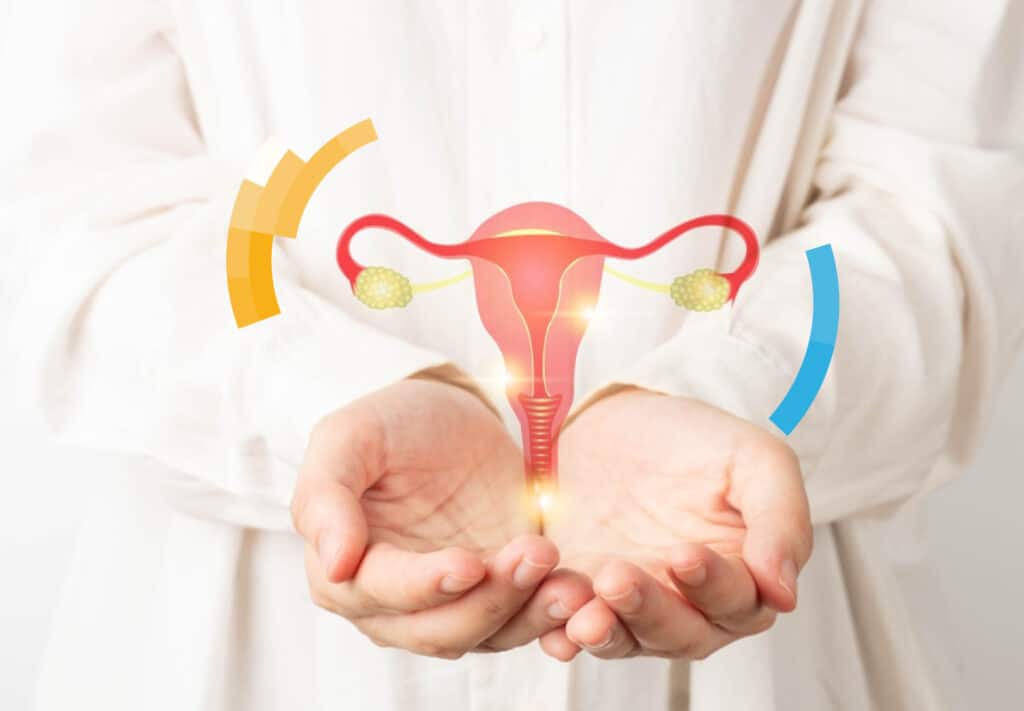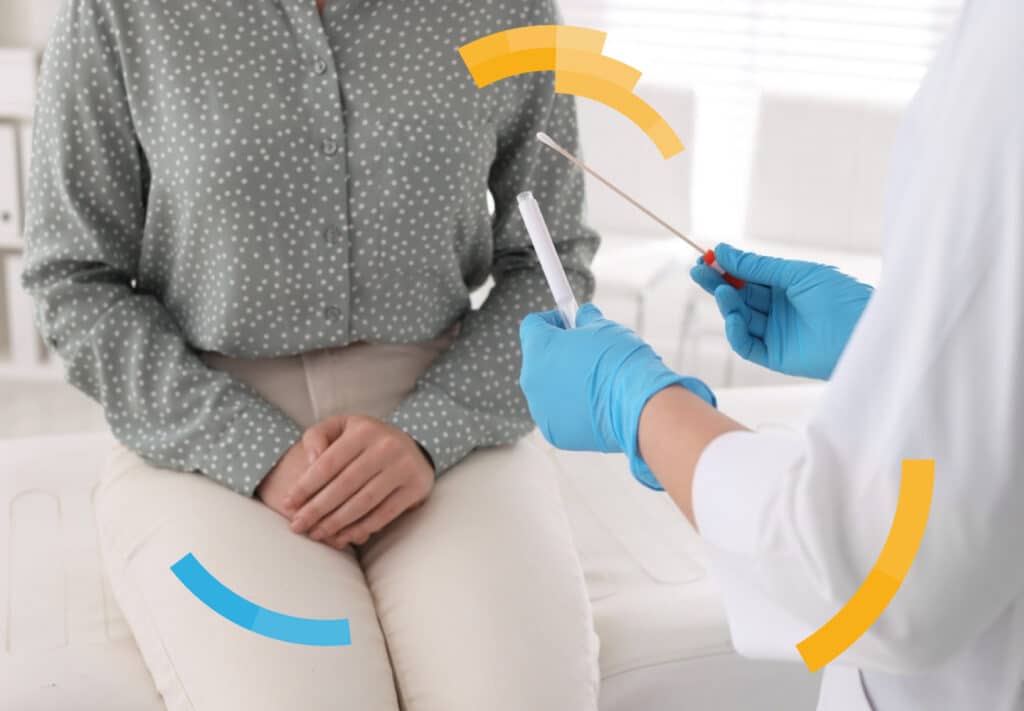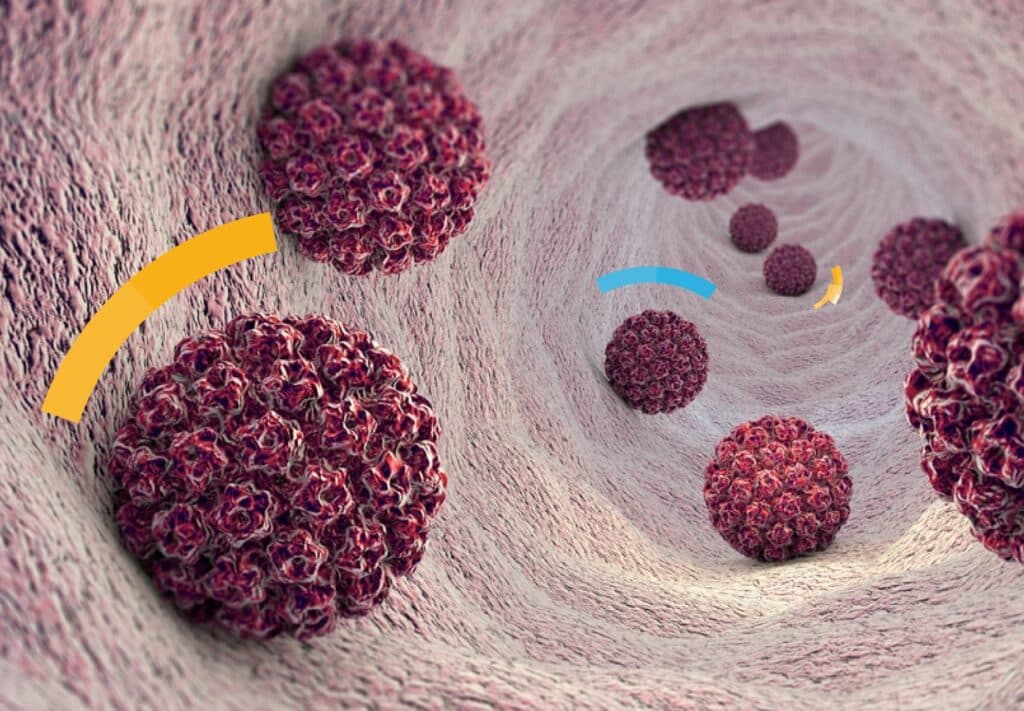
Dr. Kaung Myat Kyi
Medically Reviewed

When it comes to health, knowledge is power. And when it comes to HPV (Human Papillomavirus), understanding this widespread virus can be a game-changer in safeguarding your well-being. HPV is a remarkably common virus with over 100 types, and it can lead to a range of health issues, from warts to cancer. In this comprehensive guide, we’ll delve into the depths of HPV, discussing its transmission, risks, prevention, and the importance of regular screenings. So, let’s get started on the journey to HPV awareness and prevention.
HPV, or Human Papillomavirus, is a group of viruses that can infect various parts of the body. With over 100 different types, HPV is incredibly prevalent, making it one of the most common sexually transmitted infections (STIs) worldwide.

How is HPV Transmitted?
HPV is primarily transmitted through skin-to-skin contact, most commonly during sexual activities. This includes vaginal, anal, and oral sex. However, it’s important to note that HPV can also be spread through non-sexual means, such as simple skin-to-skin contact.
What are the HPV symptoms?
Individuals who are HIV-positive or engage in same-sex male (MSM) sexual activities may face additional risks related to HPV. These populations may need special tests and more vigilant monitoring to catch and manage potential HPV-related health issues.
HPV: The Silent Invader
Lack of Symptoms
One of the perplexing aspects of HPV is that it often remains asymptomatic, especially in the genital region. Many people infected with HPV may not even know they have it, as there are no visible signs or discomfort.
Warts and Cancer
Warts caused by HPV can appear later on, but high-risk HPV types can lead to cancer without any apparent symptoms. This is why early detection through screenings is crucial.
The Link Between HPV and Cancer
HPV and Cervical Cancer
One of the most concerning aspects of HPV is its association with cervical cancer. Certain high-risk types of HPV can lead to the development of abnormal cervical cells, which, if left untreated, can progress into cervical cancer. This is why regular screenings, particularly for women, are of paramount importance.
HPV and Other Cancers
While cervical cancer is the most well-known consequence of HPV infection, it’s not the only one. HPV has been linked to various other cancers, including anal, penile, vulvar, and oropharyngeal cancers. Men are also at risk, and it’s crucial for everyone, regardless of gender, to be aware of these potential dangers.

What is the treatment for HPV?
While there is no cure for HPV itself, treatments are available to manage its effects. These treatments focus on removing warts and addressing abnormal cervical cells. However, they do not eliminate the virus from the body entirely. It is best to understand prevents for HPV and which methods you should undertake. Cancers related to HPV need to be treated accordingly.
How to diagnose HPV?
Yes, it’s a good idea. The most common methods for diagnosing HPV-related issues are Pap smears and HPV tests. Pap smears are used to detect abnormal cervical cells, while HPV tests directly identify the presence of the virus. Pap smears are the most reliable and accessible tests to prevent cervical cancer caused by HPV.
Pap Smears: Pap smears, also known as Pap tests or cervical cytology, are a tried-and-true method used to detect abnormal cervical cells in the cervix. During this procedure, a healthcare provider gently collects a sample of cells from the cervix, which is then carefully examined under a microscope. Pap smears are especially effective in identifying precancerous or cancerous changes in cervical cells, allowing for early intervention and treatment.
HPV Tests: In addition to Pap smears, HPV tests are a crucial tool in diagnosing HPV infections. These tests directly identify the presence of the HPV virus in cervical cells. A sample is collected in a similar manner to a Pap smear, but the focus is on detecting the genetic material of the virus itself. This is particularly valuable in identifying high-risk HPV types that may not manifest as abnormal cells, yet still pose a cancer risk.
How can I Prevent HPV?
Prevention is the key to dealing with HPV effectively. Here are some essential measures:
- Vaccination
- Pap smears
- Safer sex practices is the most effective way to safeguard your health.
Vaccination
HPV vaccines are highly effective in preventing infection with the most common high-risk types of the virus which can cause cervical cancer. Vaccination is recommended for both males and females, ideally before becoming sexually active.
Regular Screenings
Regular screenings, especially for women, are essential to detect any abnormal cervical cells or signs of cancer early on. Early detection can make a significant difference in treatment outcomes.
Safer Sex
Practicing safer sex, such as using condoms, can reduce the risk of HPV transmission. However, it’s essential to remember that condoms do not provide complete protection, as HPV can infect areas not covered by condoms.
HPV and the Immune System
In most cases, the body’s immune system can clear the HPV virus naturally over time. This means that while there is no cure, the virus often becomes non-contagious once the immune system eliminates it. However, this does not eliminate the risk of serious health complications that can develop.
HPV is a widespread virus with numerous types, some of which can lead to warts or cancer. Its transmission primarily occurs through sexual contact, but it can also spread through skin-to-skin contact. Regular screenings, especially for women, are vital in detecting and managing HPV-related health issues.

Learn more about Health Insurance in Thailand
Having comprehensive health insurance coverage ensures that you can access timely and essential healthcare services without the burden of exorbitant medical bills of HPV-related cancers. It’s crucial to explore insurance plans that cover HPV vaccinations, screenings, and treatments. Prioritizing health insurance not only provides financial protection but also promotes early detection and prevention, enhancing your overall health and peace of mind. So, invest in your health by obtaining the right coverage today.




